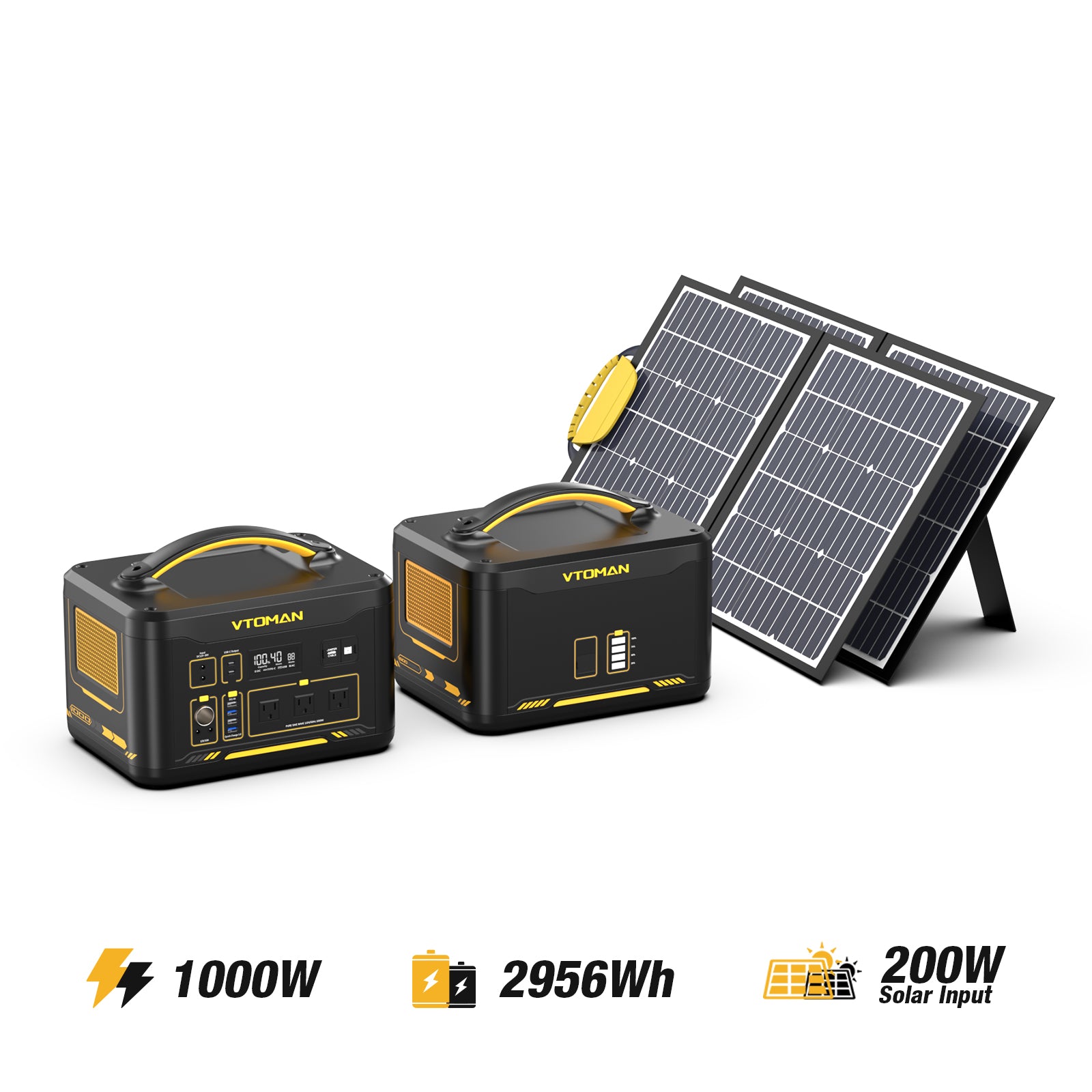In today's world, having a reliable backup generator is essential for ensuring that your home remains powered during outages. Whether you live in an area prone to severe weather or simply want peace of mind, understanding how to choose the right generator can make all the difference.

Understanding Backup Generators
A backup generator serves as a secondary power source that kicks in when your primary electricity supply fails. These generators can be classified into two main types: portable and standby. Portable generators are versatile and can be moved around, while standby generators are permanently installed and automatically activate during a power outage.
Key Features to Consider
When selecting a backup generator, consider the following features:
- Power Output: Determine how much wattage you need to run essential appliances.
- Fuel Type: Common options include gasoline, propane, and diesel. Each has its pros and cons.
- Run Time: Look for generators that can run for extended periods without needing a refill.
- Noise Level: Some generators operate quietly, which can be a significant advantage in residential areas.
Assessing Your Power Needs
Before purchasing a backup generator, assess your power needs. What appliances do you want to keep running during an outage? A simple calculation of the wattage required for each device will help you determine the generator size you need. For instance, if you want to power a refrigerator, lights, and a few electronics, you might require a generator that provides at least 5,000 to 7,500 watts.
Installation and Maintenance
Once you have chosen the right backup generator, proper installation is crucial. Standby generators should be installed by a professional to ensure safety and compliance with local codes. Regular maintenance is also essential to keep your generator in optimal condition. This includes checking the oil, replacing filters, and running the generator periodically to ensure it functions correctly.
Portable vs. Standby Generators
Choosing between a portable and a standby backup generator depends on your specific needs. Portable generators are typically less expensive and can be used for various applications, including camping and outdoor events. However, standby generators offer the convenience of automatic operation and are often more powerful, making them suitable for whole-house backup.
Conclusion
In conclusion, selecting the right backup generator involves understanding your power needs, evaluating different types, and considering essential features. By doing so, you can ensure that your home remains powered during outages, providing comfort and security for you and your family. For a reliable option, consider exploring products like the  , which offers a robust solution for your energy storage needs.
, which offers a robust solution for your energy storage needs.



